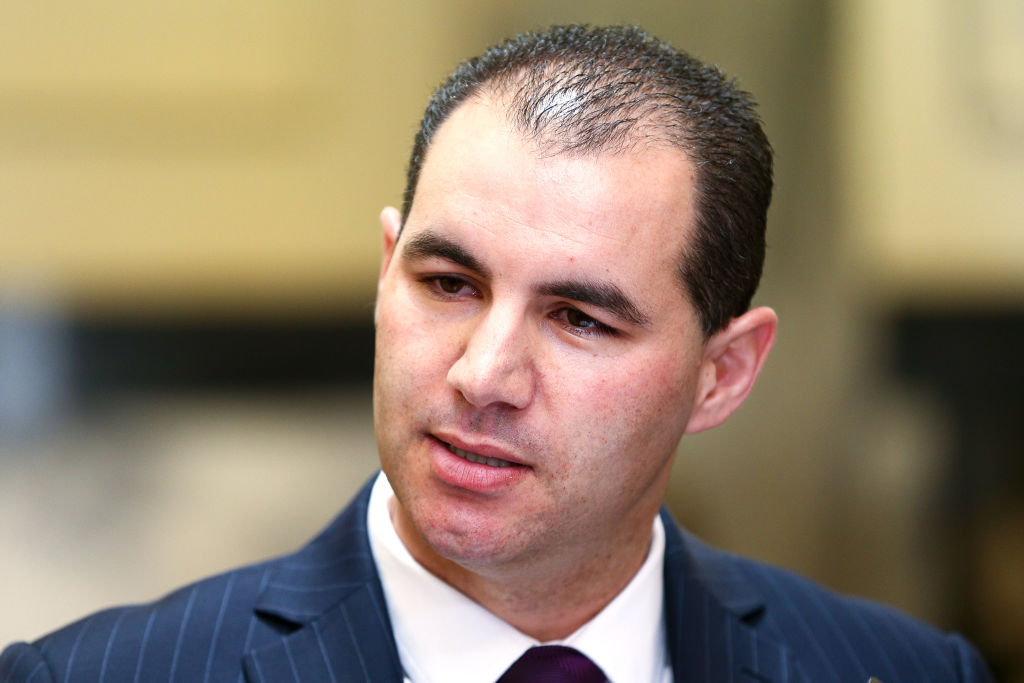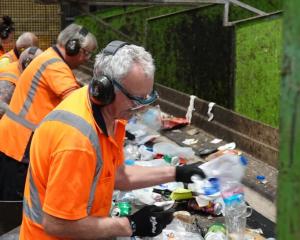
Media outlets have reported Mr Ross was admitted into mental health care over the long weekend.
Mental Health Foundation chief executive Shaun Robinson said stigmatising comments that have been made by politicians, commentators and on social media were concerning.
Mr Robinson warned those who were using words like 'unbalanced' or accusing Jami-Lee Ross of blaming his actions on his mental health, were stigmatising mental illness.
"That stigma, that nastiness actually spills over to affect other people, it may be your sister, your brother, someone at your work, it may be you at some point in your life, who also finds yourself going through mental and emotional distress and remembers those attitudes.
He said he knew from his own experiences, there's already self-stigma to deal with.
"It is very easy to feel bad about yourself, to feel shamed, to feel weak and you should be able to cope with this, and to have those kinds of attitudes then amplified through others through their words, even if it's not about you, but somebody who's going through something similar to you, it's damaging."
He said that can stop people from speaking out and seeking help.
The foundation had already been contacted by people who were finding the comments disturbing.
In a tweet the foundation said it had "no position on the political aspects of this conversation. But we believe you can have discussions about these valid issues without using discriminatory or stigmatising language and without weaponising Mr Ross’s distress against him".
Mr Robinson said there needed to be a clear difference between criticising someone's political decisions and someone's health issue.
"We need to be careful we don't jump into the put-down language we often throw at people when they're making decisions we disagree with, like 'crazy' and 'unstable' as a way of undermining their judgement, particularly when it's relating to someone who is clearly going through some very tough times," he said.
Where to get help
If you are worried about your or someone else's mental health, the best place to get help is your GP or local mental health provider. However, if you or someone else is in danger or endangering others, call 111.
• Lifeline: 0800 543 354 (available 24/7)
• Suicide Crisis Helpline: 0508 828 865 (0508 TAUTOKO) (available 24/7)
• Youthline: 0800 376 633
• Kidsline: 0800 543 754 (available 24/7)
• Whatsup: 0800 942 8787 (1pm to 11pm)
• Depression helpline: 0800 111 757 (available 24/7)
If it is an emergency and you feel like you or someone else is at risk, call 111.












